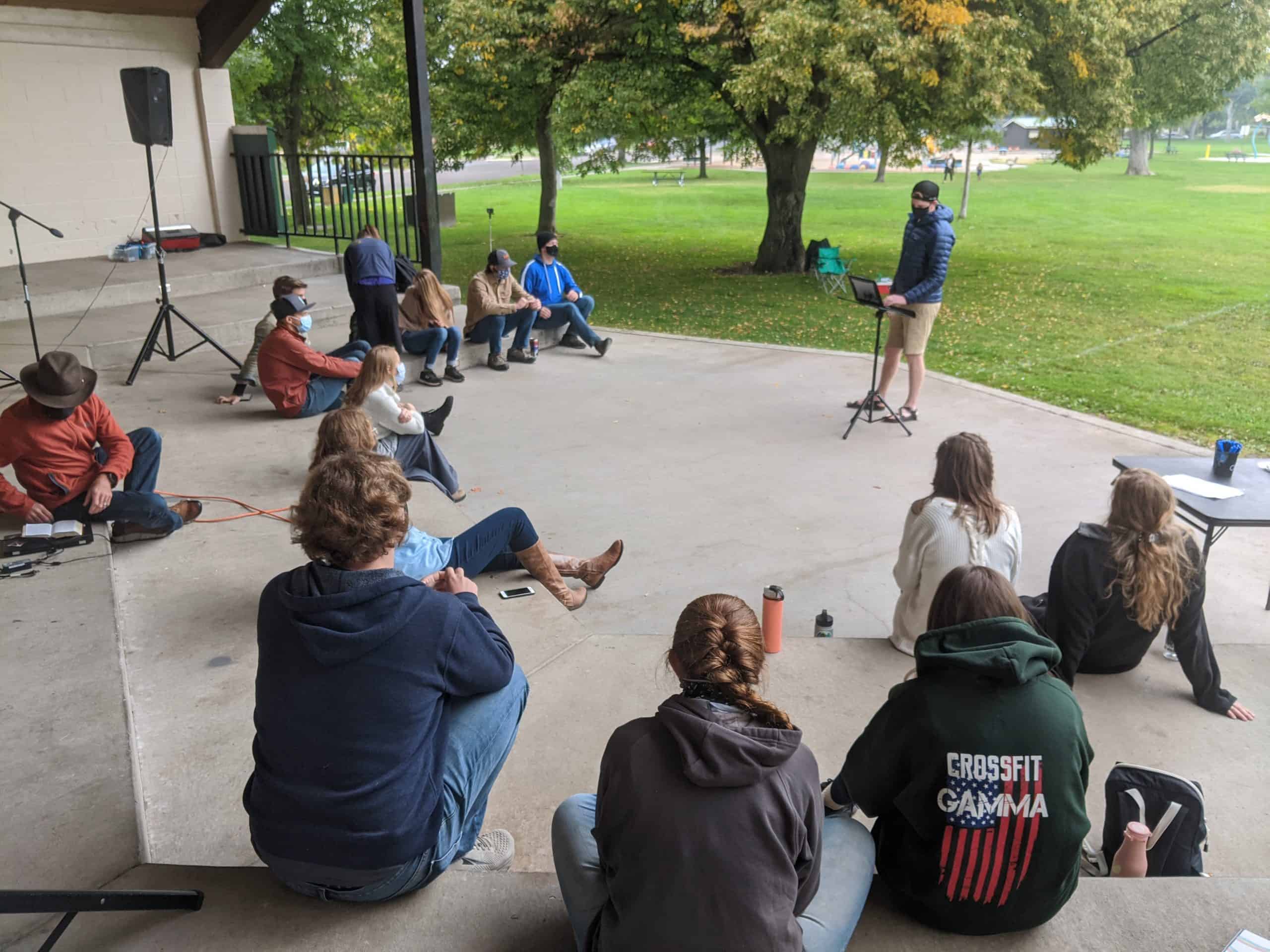PLEASE CHECK OUT OUR NEW WEBSITE:
CRU.ORG/GAPYEAR
Imagine taking a year after high school graduation to explore who God has created you to be, grow in your relationship with the Lord and reach out to high school students in other cultures.
WHO – A Gap Year is for 18-20 year old students. You must be 18 by the time you travel overseas. Applicants must have a surrendered and teachable heart for the Lord. It is important to have a willingness to learn how to share your faith and take opportunities to share the Gospel with those that God brings into your life. A servant’s heart and a humility to learn about and respect the differences of other cultures is important.
WHAT – A Gap Year is a 9 month adventure that will transform your life, give you opportunities to trust God in greater ways and share the Gospel with high school students across the globe. You will be going to high school campuses to meet students and develop relationships so that you can share the Gospel and disciple those who are interested. You will meet students through speaking in classes, sharing your testimony, playing sports, sharing your life and many other things. Your team can choose to visit an orphanage, serve at a refugee camp or meet the physical needs of others. The majority of the focus will be developing relationships, sharing the Gospel and discipling those who respond.
WHEN – Cru’ s Gap Year starts in the Fall of each year. You will start in September with training and development in Orlando, FL and then travel to your ministry location(s). There will be a short debrief back in Orlando mid May.
WHERE – There will be two Gap Teams. You can decide which team you would like to serve on. One team will stay mainly in one location and the other team will travel to multiple locations. When a team is full you might be asked to join a team that has needs. There might be a chance that we would ask you to pray about another option than what you chose. This would be to even out teams, but you will not be required to change.
WHY – Gap Years have been proven to have a positive impact on academic performance in college. Research shows that students who participate in gap year programs often perform better in school, have a better sense of direction in their lives, and have higher employability than those that go directly to college after high school. Participating on a gap year with Cru will also prepare you to enter college with a strong spiritual foundation and the ability to be a spiritual leader and multiplier of your faith on campus.
ARE YOU READY FOR A LIFE CHANGING EXPERIENCE?
Cru High School’s Gap Year is trusting the Lord to send two teams in the Fall of 2020. We are still putting together the locations, but this is what we are trusting the Lord for:
Gap Team 1: This team will go to Guayaquil, Ecuador for the overseas portion of the mission. There will be possible short trips to other locations in South America/Caribbean to help with ministry in those locations. The benefit of staying in one location for an extended time is you will have more time to develop solid relationships, share the Gospel and disciple students. It is not required that you speak Spanish, but it would help if you learn some of the language.
Gap Team 2: This team will go to multiple locations. You will start in a country in South America for three months, a country in Africa for three months and possibly in Eastern Europe or another area of the world for one to two months. This team will also develop relationships, share their faith and disciple students. They will also focus on raising up leaders to continue the ministry when they leave the country. Exact locations will be posted as soon as they are confirmed.


